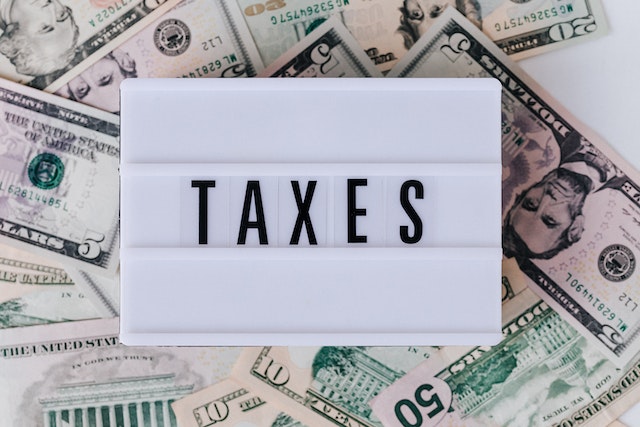You are in charge of handling your own finances, including taxes, as a freelance voice coach because you are your own boss. Self-employment has its own unique set of tax issues that must be taken into account, despite the fact that it may offer a great deal of freedom and flexibility. In this piece, we’ll discuss several 1099 tax issues that independent voice instructors should be aware of and how they may minimize their tax obligations while still adhering to the law.
Self Employment Tax
You are deemed to be a self-employed individual by the IRS if you work as a freelance voice coach, in which case you must pay self-employment taxes. These taxes, which are made up of Social Security and Medicare taxes, are computed at a rate of 15.3% of your net income.
Although it may seem like a lot, it’s crucial to remember that these taxes are comparable to payroll taxes that would be paid by both an employee and an employer. Being self-employed means that you are both the employer and the employee, which is a distinction.
Using a self-employment tax calculator can allow you to figure out your self-employment tax. Your net profits will be considered by this sort of calculator as it applies the proper tax rate.
Gaining the Most Tax Savings
The capacity to optimize tax savings is among the major advantages of working for yourself. A few methods for doing it are as follows:
- Tax-deductible expenses
You may incur a variety of costs as a freelance voice coach since they are essential to your career. Equipment, office supplies, and even travel expenditures may be included in these costs.
It’s helpful to know that these costs are frequently tax deductible. You can minimize your tax obligation and save money by deducting these costs from your taxable income.
To have them ready for tax season, it’s crucial to keep complete records of all your spending throughout the year.
- Pension Programs
Participating in a retirement plan is another option to optimize your tax breaks. Traditional IRAs, SEP IRAs, or Solo 401(k)s are all examples of these plans.
Reducing your taxable income by making contributions to a retirement plan might result in lower taxes. You are also putting money down for the future and establishing a safety net for yourself.
- Tax Estimates
You have to make anticipated tax payments throughout the year if you’re a self-employed person. These taxes are deducted from your expected annual income and are paid on a quarterly basis.
By paying anticipated taxes, you can save a hefty tax bill at the end of the year and any underpayment penalties.
Using a quarterly tax calculator can help you figure out your projected tax payments. This kind of estimate will account for your year earnings and outlays as well as any planned tax deductions.
- 1099 Tax Estimator
Whenever a customer pays you more than $600 in a calendar year as a freelance voice coach, you’ll probably get a 1099 form. You should fill out this form to notify the IRS of your profits.
You may calculate how much tax you will owe on your 1099 income by utilizing a 1099 tax calculator. When attempting to estimate your annual tax burden, this can be quite beneficial.
Paying Taxes
There are certain additional factors to take into account while submitting your taxes as a freelancer, including:
- The Self-Employment Tax
When it comes to paying your taxes as a freelance voice coach, self-employment tax is a crucial consideration, as we previously indicated. Your tax return will need to account for this tax, which is determined based on your net profits.
- Tax Forms
You may also be required to complete other tax forms in addition to your individual tax return. A Schedule SE, which is used to compute self-employment tax, and a Schedule C, which is used to record company revenue and costs, are examples of such documents.
In order to avoid fines and costs, you must make sure that you are submitting your taxes on time and with the appropriate paperwork.
- Record-keeping and Receipts
You should maintain complete records of every dollar you earn and spend as a freelance voice coach throughout the course of the year.
You can make sure you have the data you need to prepare a comprehensive and correct tax return by maintaining solid records.
And That’s It
It’s critical to comprehend the tax ramifications of being a self-employed voice coach if you work as a freelance voice coach. You may optimize your tax savings and adhere to legal requirements by using tools like a self-employment tax calculator, 1099 tax estimator, and quarterly tax estimator.
You may also save fines and costs by keeping proper records and submitting your taxes on time. You can make tax season a breeze and concentrate on expanding your company with a little forethought and preparation.


